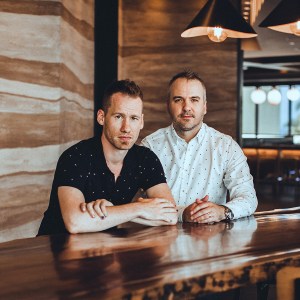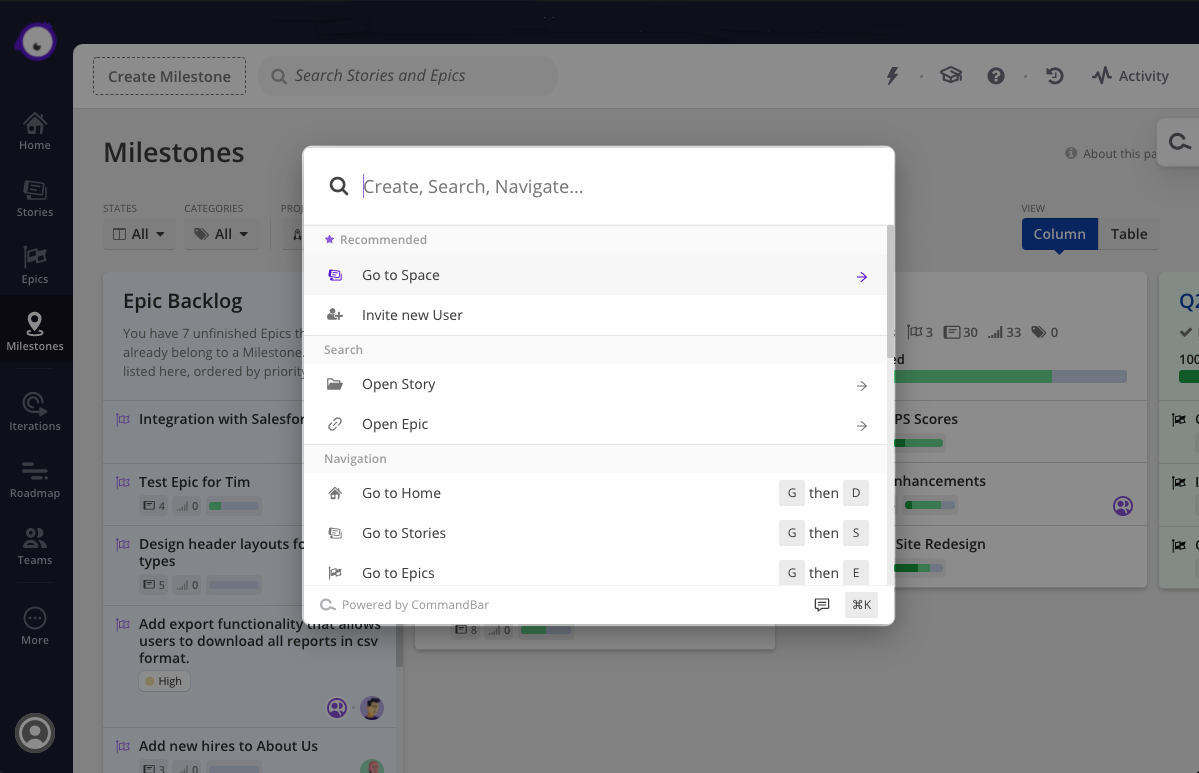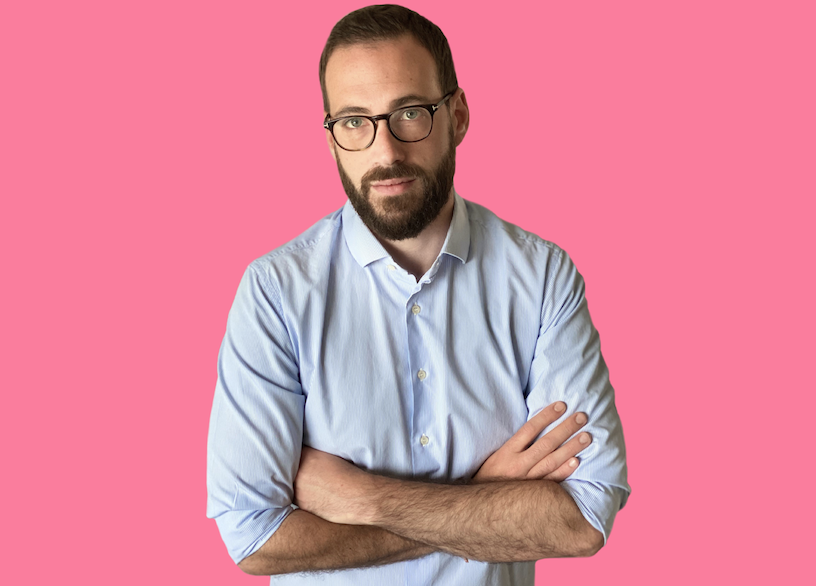Africa is home to more than a billion people where a majority have limited or no access to vehicle financing. In fact, the continent has the lowest per capita vehicle ownership in the world. In 2019, Africa had fewer than 900,000 new vehicle sales. The U.S. sold more than 17 million new cars that same year.
In Nigeria, owning a car is a luxury very few people can afford. It is a similar case across Africa where car owners often recycle used cars between themselves because of the difficulty of accessing new ones. Moove, an African mobility company with a fintech play, wants to change that and is raising $23 million in Series A to scale rapidly across the continent.
Moove was founded by Ladi Delano and Jide Odunsi in 2019. In an interview with TechCrunch, Delano said he and Odunsi, whilst trying to figure out the problems to solve in Nigeria after years of running successful businesses, were left startled by the figures highlighted above: Less than a million new cars sold in an entire continent and over 17 million in the U.S. alone.
“It became clear to us that people aren’t buying cars in Africa because there’s no access to finance. When you look anywhere else in the world, you have financing in most parts of the developed world when you try to buy a car. It’s that way in the UK, or Europe and the US. And that’s what’s driving mobility drive and vehicle sales,” Delano said during the interview.
The founders saw it as a huge task to address this deficit and figured that deploying an asset financing model was the go-to approach. Moove says it is democratizing vehicle ownership by employing a revenue-based vehicle financing model. However, this applies to only a subset of the driving population across the continent: mobility entrepreneurs.
Why mobility entrepreneurs instead of the overall populace? Delano tells TechCrunch that inasmuch as Moove is changing how people have access to new cars in Africa, he wants the company to solve some of the unemployment problems facing the continent, even more so in Nigeria.
So instead of providing the service for individuals from all spheres of life who cannot guarantee a payback, why not target mobility entrepreneurs who would use the opportunity to work and, in turn, generate income to pay back.
Mobility entrepreneurs include drivers who work in the mobility space (car-hailing, ride-hailing, bus-hailing, among others). Although they make up a small part of Africans who need Moove’s services, Delano says the market for mobility entrepreneurs is enormous.
Moove is Uber’s exclusive car financing and vehicle supply partner in sub-Saharan Africa. The company embeds its alternative credit-scoring technology, allowing access to proprietary performance and revenue analytics to underwrite loans. It provides loans to these drivers by selling them new vehicles and financing up to 95% of the purchase within five days of sign up. They can choose to pay back their loans over 24, 36, or 48 months, using a percentage of the weekly revenue generated while driving on Uber.
Moove’s loan repayment process is more suitable to drivers than what traditionally exists in the market. Nigerian banks, for instance, are known to collect a 10-50% deposit from drivers; Moove says it charges 5%. The net effective annual interest rate also differs significantly. Nigerian banks charge between 20 to 25%; however, Moove runs on an 8-13% rate.
Also, when you consider the tenure of a vehicle financing loan, Nigerian banks rarely give a repayment duration of more than two years. Moove’s maximum duration is four years. In the long run, Delano says the company wants to extend the repayment duration to five years, a span with more parity to the West.
That said, Moove is looking to add financing to other vehicle classes and types in the coming months, including buses and trucks.
Though Moove was founded in 2019, it didn’t fully launch until June 2020. In a full year of operation, Moove has scaled aggressively. With headquarters in the Netherlands, the company counts Lagos, Accra, Johannesburg as cities where it operates. Moove has over 19,000 drivers using its platform, while up to 13,000 are on its waitlist. Moove-financed cars have also completed over 850,000 Uber trips, and Delano says the company has grown 60% month-on-month since last year.
Moove raised a $5.5 million seed round last year. The majority of the funding came from the founders and Iyinoluwa Aboyeji, c-founder of Andela and Flutterwave, and a key partner at the company. In addition to its $23 million Series A, Moove also revealed that it raised $40 million in debt financing, bringing Moove’s total funding to $68.5 million.
Speedinvest and Left Lane Capital led the Series A round. Other investors like DCM, Clocktower Technology Ventures, thelatest.ventures, LocalGlobe, Tekton, FJ Labs, Palm Drive Capital, Kora Capital, KAAF Investments, Class 5 Global, and Victoria van Lennep, co-founder of Lendable, Verod, Kepple Africa Ventures, and one of Moove’s existing lenders, Emso Asset Management, also joined the round. Moove’s investment is the first for many of its U.S. backers in this round.
“With Ladi and Jide at the helm of a world-class team, and their unique approach to vehicle financing, Moove has quickly established itself as one of the most exciting tech companies in Africa,” said the general partner at Speedinvest, Stefan Klestil. “The company’s expansion to three cities in under 12 months demonstrates the huge demand for vehicle financing in Africa, where just five percent of new cars are purchased with financing, compared to 92 percent in Europe.”
Delano and Odunsi are British-born Nigerians educated at the London School of Economics, Oxford University, and MIT. Delano has always been an entrepreneur. Odunsi, on the other hand, was an investment banker at Goldman Sachs and a management consultant at McKinsey.
Both reconnected years after (since parting ways in their teens) to run a venture studio called Grace Lake Partners with thick they have built three non-tech successful businesses in Africa in the past decade. Moove is their first tech business, and Delano calls it the fastest-growing he has ever run.
The Series A funding will allow Moove to grow and expand into new markets. It gives the company ammunition to develop and launch new products and services geared towards gaining more share in a competitive market where Nigeria’s Autochek and South Africa’s FlexClub are making significant strides.
Delano believes what gives Moove an edge over other companies is its trademark of getting drivers to access new cars instead of used ones. He also adds that the company is moving towards creating electric and hybrid vehicle fleets. He cites helping mobility entrepreneurs who need to have fuel-efficient cars and climate change as reasons for creating this new product line.
But how will EVs be affordable for the average Uber driver in Africa? Delano argues that with Moove’s strong bargaining power with its OEM partners and the debt financing raised, Moove can buy new EV cars and resell them at a lower price to thousands of drivers. The aim is to ensure that at least 60% of the vehicles it finances are electric or hybrid in the coming years. The company is also trying to drive gender inclusion by increasing the number of female drivers using its platform to 50%.
One interesting bit in Moove’s imminent plans is creating wallets for drivers who do not have bank accounts to make and accept payments. The feature is live only in Ghana and will be coming to other markets in no distant time.
“Moove’s technology is fundamentally changing access to mobility and empowering thousands to earn a new source of income,” said managing partner at Left Lane Capital, Dan Ahrens. “As we look ahead, the potential for that technology and the Moove team to expand even further is very exciting. They have the opportunity to become a full-service mobility fintech and expand their offerings to insurance and other financial services.”




